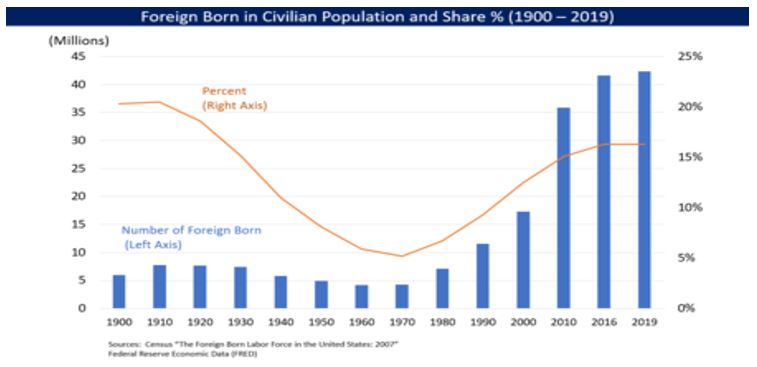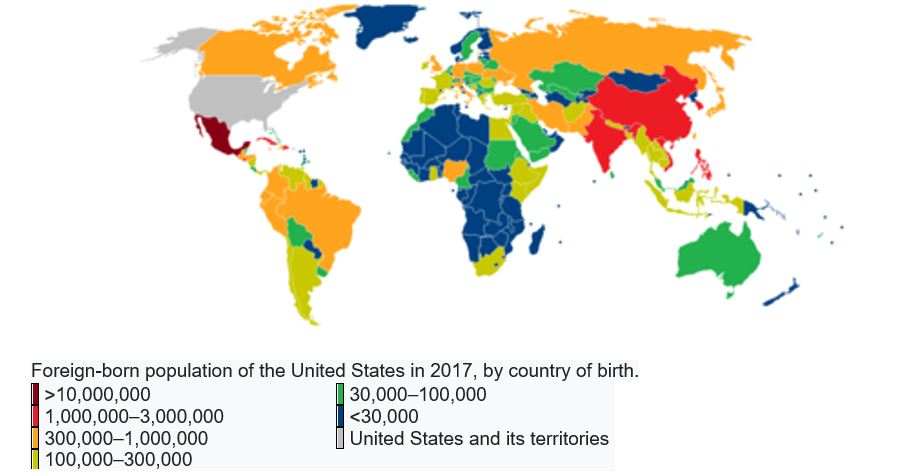Immigration is a major issue facing developed countries such as the United States. It is the act of moving people who are not natives or do not possess necessary documentation to settle as permanent residents to a destination country. This paper aims to discuss the perspectives which Native Americans had of immigration and how they learnt to accept immigrants.
America’s immigration concerns began when Henry James, an American novelist, felt threatened by the growing numbers of immigrants in New York City. Henry and other Native Americans believed that the new settlers did not inhibit the American attributes of being English, democratic, or protestant (Williamson, 2018). It was not the case, however, because the incomers traded an ethnic identity for assimilation into the American culture. Their actions led to the creation of an Anglo- Saxon culture that represented liberty, Christianity, and civilization, which would spread over the earth.
The Catholic Church intervened and trained the immigrants to love tyranny as opposed to liberty and Christianity. The church used women’s groups and youth clubs to create ethnic identities and overcome protestant cultures (Williamson, 2018). It also allowed immigrants to adapt to urbanization and industrialization despite the political opposition it led to. As such, the natives began to accept the new settlers and resolved to favor immigration occupation, access to education, and reduced charging of high licenses.
The ideal percentage of a country’s population that is comprises of immigrants is 19.1%. The percentage is an average representation of immigrants in numerous states globally. However, some countries such as Switzerland and Canada have the largest proportion. Migrants relocate to other countries because of war and crime and in search of new employment opportunities as they are from the harsh conditions of life they are accustomed to (Williamson, 2018). Further, they seek to find better places to live because they were denied refugee status.

The graph shows the share and number of immigrants born residents in America
The table shows the origin of immigrants between 1960-2016

The above map shows foreign-born population in America in 2019 by country of origin.
In conclusion, it would be fair to say that immigration is not an issue we can totally control because of external factors. Therefore, it would be easier to embrace immigrants rather than discriminate them from acquiring equal services for humanity. Finally, extensive research should be done to deal with the issue in the future.
References
Williamson, A. F. (2018). Welcoming New Americans?: Local Governments and Immigrant Incorporation. University of Chicago Press.